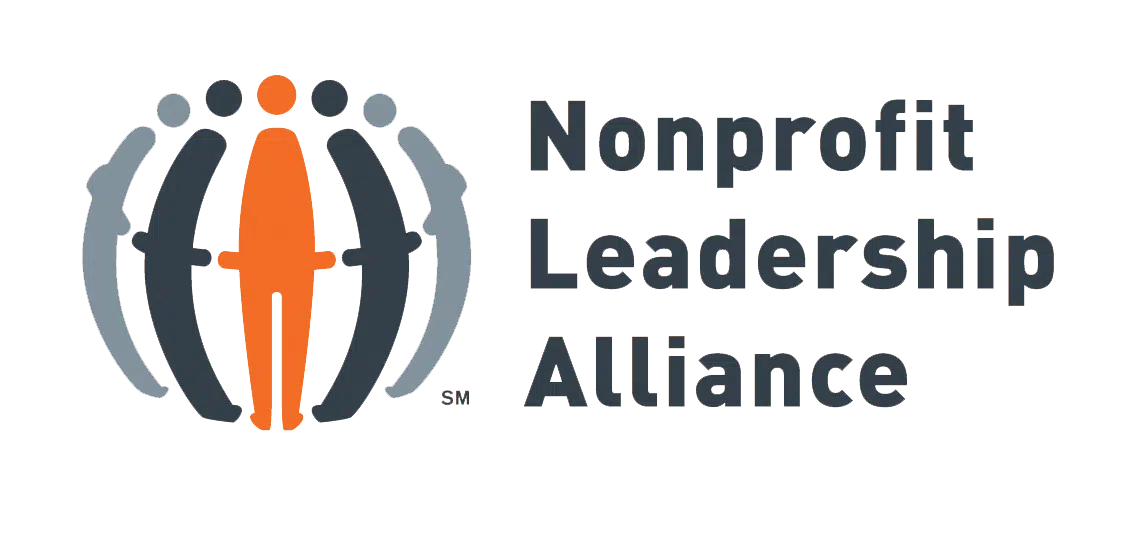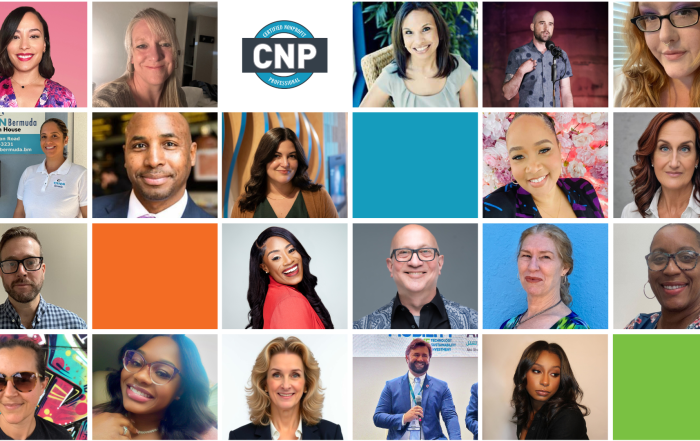Launching a successful advocacy campaign is an ambitious undertaking that requires the support and dedication of a passionate team. While your cause may be the driving force behind your efforts, it’s your volunteers who breathe life into your campaign, transforming ideas into action and momentum into change.
However, inspiring and empowering your advocacy campaign volunteers is no small feat. It requires a well-crafted strategy that nurtures their enthusiasm, fosters a sense of purpose, and keeps them engaged throughout the campaign’s lifecycle.
In this guide, we’ll explore four key strategies that will help you inspire and engage volunteers. Whether you’re advocating for social justice, healthcare reform, or another important cause, these tips will help you create an environment where volunteers feel motivated to lend their support.
1. Stay up-to-date with current advocacy trends.
Staying up-to-date with advocacy trends allows you to align your mission with contemporary issues and concerns, making it more relevant to potential volunteers. Take these steps to remain informed:
- Conduct research. Monitor news, social media, and relevant publications to understand public opinions related to your cause. This constant stream of information can also be used to educate and energize volunteers.
- Use bill tracking software. Bill tracking software monitors and tracks the progress of legislation within governmental bodies, providing updates on bill statuses, amendments, and legislative actions. Use this information to rally support around pertinent issues and engage volunteers with timely, actionable information.
- Network with other advocacy leaders. While you may view them as competition, leaders of other advocacy campaigns can be valuable additions to your network. Exchange insights surrounding your respective volunteer recruitment and retention efforts to learn what strategies are working well across other campaigns
Use these insights to shape your volunteer program. For instance, you may find through your networking efforts that most volunteers prefer to engage in digital advocacy campaigns. To appeal to these preferences, you can create roles dedicated to social media outreach, email marketing, and online petitioning.
2. Refine your outreach strategy.
Outreach is the foundation upon which advocacy campaigns are built. By keeping volunteers informed and engaged, you can maintain their trust and encourage them to continue contributing their time, skills, and resources to your campaign.
Keep these tips in mind as you craft your messages:
- Personalize your outreach. Use the data stored in your volunteer database to get to know supporters on a deeper level. Then, tailor your messages by addressing each volunteer by name, appealing to their interests, and referencing the specific activities they have been involved in.
- Highlight their impact. Explain how their involvement has made a tangible impact on your mission through examples, statistics, and testimonials. Showcasing positive outcomes can ignite a sense of purpose and urgency that drives volunteers to get involved.
- Provide clear calls-to-action: End each campaign message with a clear call-to-action (CTA), so volunteers know exactly what steps they can take to make an impact on your campaign. Whether you’re inviting them to sign a petition, participate in a canvassing campaign, or attend an event, ensure the CTAs are specific, achievable, and impactful. For instance, “Join us this Saturday at 10 AM at City Park to rally for clean energy” is more impactful than “Support our cause.”
Test your campaign messages with a small subset of volunteers and analyze their engagement levels. Be open to making adjustments based on their responses to ensure that your messages are effective.
3. Show appreciation and recognition.
Recognizing volunteer contributions can boost their morale and productivity, ultimately strengthening the impact of your advocacy work. To show your appreciation, consider providing volunteers with:
- Personalized thank-you messages: Send personalized thank-you messages to volunteers, expressing your sincere gratitude for their contributions. Handwritten notes can be especially meaningful, but even a heartfelt email or phone call can go a long way in making volunteers feel appreciated.
- Volunteer appreciation events: Organize special volunteer appreciation events or gatherings where volunteers can come together, socialize, and feel a sense of belonging. These events can be casual gatherings, picnics, or more formal dinners. Use these occasions to highlight the impact of their collective efforts and to express your organization’s gratitude.
- Awards: Publicly acknowledge high-achieving volunteers with awards at your appreciation events or separate ceremonies. For instance, individuals who volunteered the most amount of hours may receive certificates or other tokens of appreciation. Share their achievements on your organization’s website, social media platforms, and newsletters to showcase their contributions to a wider audience.
While it’s important to make volunteers feel valued, ensure that recognition does not create unhealthy competition or overshadow the collective effort of the volunteer team.
4. Offer opportunities for skill development and growth.
Volunteers are more likely to feel inspired when they see a clear path forward within your organization. Create opportunities to sharpen their skills, knowledge, and professional development through:
- Workshops: Set up regular training sessions to help volunteers enhance their skills and stay up-to-date with advocacy trends. These training sessions could cover topics like Get Out The Vote (GOTV) strategies, social media advocacy examples, or virtual phone banking best practices.
- Mentorship: Pair less experienced volunteers with seasoned campaigners or mentors within the organization. This mentorship can be invaluable for skill development, as it provides hands-on experience and personalized guidance. Mentors can share their expertise, offer feedback, and help mentees navigate the complexities of advocacy work, fostering a positive learning environment.
- Leadership opportunities: Offer volunteers opportunities to lead projects or take on management roles within smaller campaign initiatives. For instance, you may task them with planning an event, leading a social media campaign, or coordinating a local outreach program.
Keep in mind that skill development should be seen as an ongoing journey rather than a one-time event. Encourage volunteers to set personal and professional development goals and conduct regular check-ins to evaluate their growth.
Now it’s time to put these tips into action. Inspire, motivate, and empower your volunteers to be the change they wish to see in the world. Together, you can create a lasting impact and bring about the positive change your advocacy campaign seeks.
Did you enjoy this article?
Get nonprofit tips and tools delivered right to your inbox by joining The Nonprofit Leadership Alliance Newsletter. Our bimonthly newsletter will make sure you know what’s happening with our network of social sector leaders.
Types of Tools to Strengthen Your Grants Compliance Approach
When grant funding is an important revenue source, grant compliance becomes critical to nonprofit success. Without it, grant funding could be jeopardized, putting vital programs and initiatives at risk. This makes optimizing your grants compliance
Introducing April 2025’s Certified Nonprofit Professional (CNP) Cohort
The Nonprofit Leadership Alliance is proud to introduce April 2025’s Certified Nonprofit Professional (CNP) Professional Track cohort! This group of nonprofit professionals have begun their six-month journey, participating in one of only four cohorts offered
How Darcy Swan, CNP, Leads Youth Development at the YMCA of Greater Kansas City
Amid a whirlwind of shifting priorities and tight deadlines looming in 2025, Darcy Swan, CNP, does what she always does. She pauses to make space for people. Her team had been stretched thin. Last-minute changes



